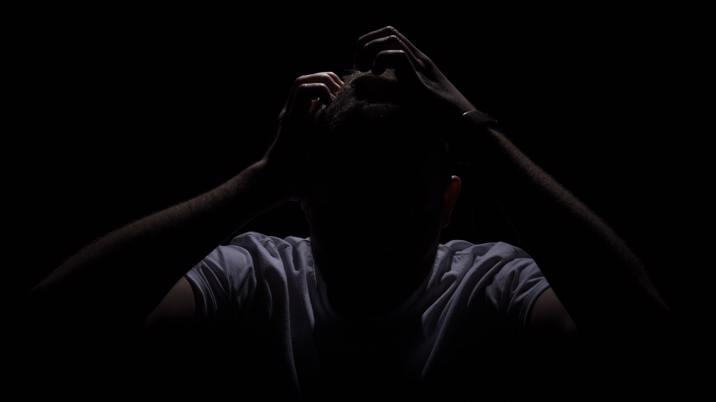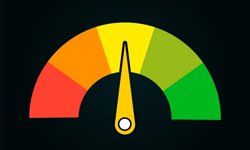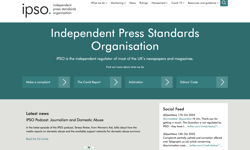
We live in an age of toxic division, here in the UK, in the US and judging by its recent acrimonious election, France too.
The causes are complex but boil down to the way society treats the marginalised and disposed, those left behind, stuck on the bottom rungs of the ladder.
These are people whose best interests would be served by government and society taking concrete measures to improve their life chances.
Instead, they are too often ignored, difficult decisions kicked down the road. In a world where their real enemies are poverty and deprivation, they are served up culture wars; paper tigers, the slaying of which will make not a jot of difference to their lives.
The media is not to blame for structural inequality but by not asking the hard questions, by pursuing narrow sectional interests and being too willing to echo the empty promises of cynical politicians, some elements of the media have enabled and exacerbated the situation.
Social media, with its mean-spirited algorithms that surface the angriest and most divisive material, needs to be better regulated, but elements of mainstream media are not blameless.
For all its codes of conduct and professional standards, some in mainstream media too often resort to opinion-driven grandstanding and highly selective reporting, thereby further fuelling distrust and division.
Commenting on the release this week of Reporters Without Borders’ annual World Press Freedom Index, Secretary-General Christophe Deloire, said: “the ‘Fox News-isation’ of the media poses a fatal danger for democracies because it undermines the basis of civil harmony and tolerant public debate.”
When the media can be described as posing a “fatal danger” to western democracies, something has gone horribly wrong.
We should all be asking ourselves what we need to do to put this right.
You can find out more about the latest release of the World Press Freedom Index here. It makes for challenging reading.
You can catch James Evelegh’s regular column in the InPubWeekly newsletter, which you can register to receive here.












